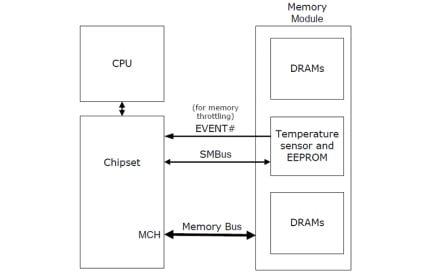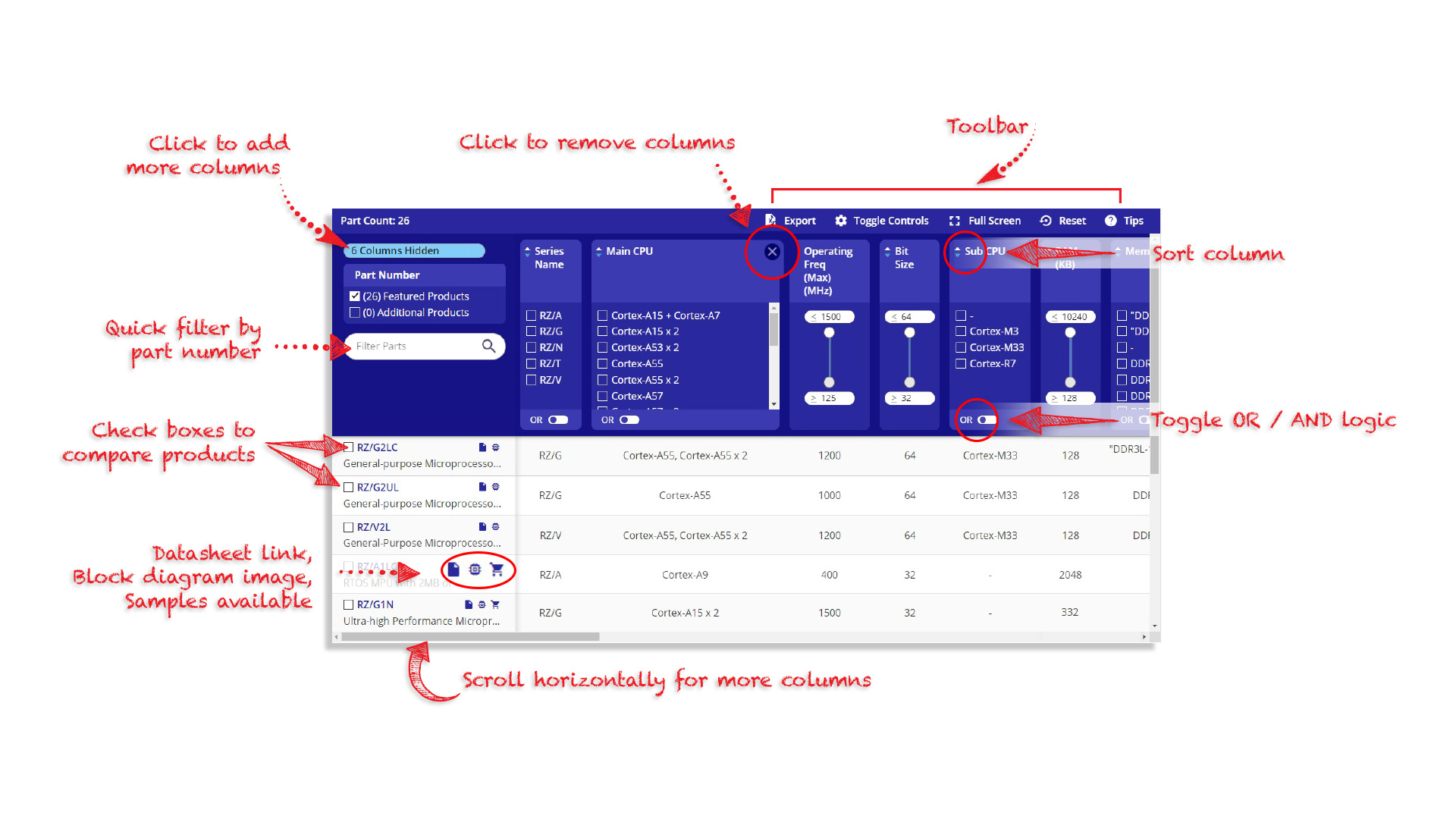Overview
Description
The TSE2004GB2B0 is a digital temperature sensor with integrated 4 Kbit EEPROM for memory modules. It features accuracy up to ±0.5°C was designed to target applications demanding highest level of temperature readout.
The TSE2004GB2C0 is the recommended alternative for new designs.
Features
-
Temperature Sensor + 512 Byte Serial EEPROM
-
512 Byte Serial EEPROM for SPD
-
Single Supply: 2.2V to 3.6V
-
Accurate timeout support
-
Meets strict SMBus spec of 25ms (min), 35ms (max)
-
-
Timeout supported for Temp Sensor and EEPROM
-
Timeout supported in all Modes
-
Active mode for Temp sensor and EEPROM
-
EEPROM in standby or Temp sensor in shutdown
-
EEPROM in standby and Temp sensor in shutdown
-
-
Schmitt trigger and noise filtering on bus inputs
-
2-wire Serial Interface: 10KHz to 1 MHz max I2C™ /SMBus™
-
Available Package: TDFN-8
Comparison
Applications
Documentation
|
|
|
|
|---|---|---|
| Type | Title | Date |
| Datasheet | PDF 1.32 MB | |
| End Of Life Notice | PDF 18 KB | |
| Product Change Notice | PDF 528 KB | |
| White Paper | PDF 1.08 MB | |
| White Paper | PDF 5.22 MB | |
5 items
|
||
Design & Development
Models
ECAD Models
Schematic symbols, PCB footprints, and 3D CAD models from SamacSys can be found by clicking on products in the Product Options table. If a symbol or model isn't available, it can be requested directly from the website.

Videos & Training
A white paper authored by IDT (acquired by Renesas) and Micron details research into memory and bandwidth for today's high-performance servers. LRDIMMS and RDIMMS traditionally have been seen as complementary, with the former targeting applications requiring deeper memory and the latter for applications requiring higher bandwidth.
The introduction of 8-gigabit DRAMS has resulted in a growing number of Internet applications benefiting from both deeper memories and higher bandwidth. This paper shows how 32 GB 2RX4 LRDIMMs transcend similar RDIMMs to meet the needs of today’s data center enterprise servers, by providing an optimal combination of deeper memory and higher data bandwidth, even at mainstream module densities.
Related Resources
News & Blog Posts
| IDT Introduces Gas Sensor Portfolio Offering Industry-leading Performance and Reliability | News | Nov 16, 2017 |
| Why Does MOx Make the Difference? | Blog Post | Nov 15, 2017 |
| SMART Modular Selects IDT as a Preferred Partner for DDR4 NVDIMM Technology | News | Oct 23, 2015 |



